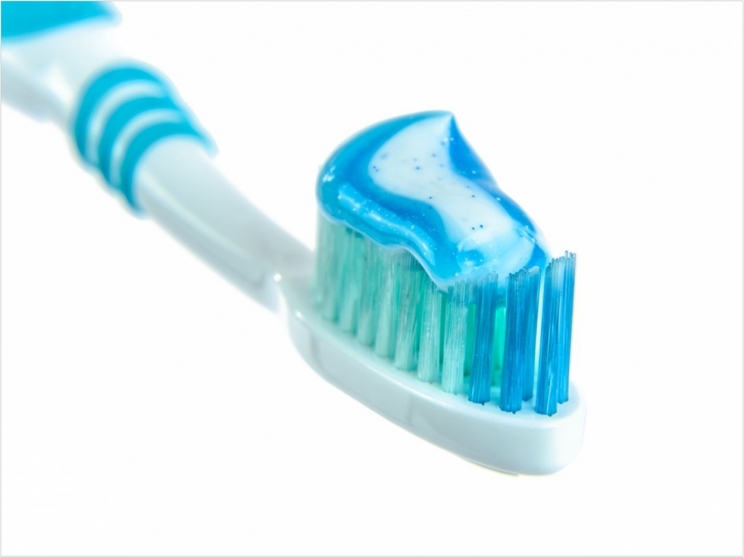
Commonly found in toothpaste and handwash, triclosan is used in more than 2,000 personal care products. Yet it also could be contributing to antibiotic resistance, according to the University of Queensland’s Advanced Water Management Centre. While the overuse and misuse of antibiotics could create “superbugs,” researchers have been unaware that other chemicals also could induce antibiotic resistance until now.
“Wastewater from residential areas has similar or even higher levels of antibiotic-resistant bacteria and antibiotic resistance genes compared to hospitals, where you would expect greater antibiotic concentrations,” said Jianhua Guo, PhD, of the Advanced Water Management Centre.
“We then wondered whether non-antibiotic, antimicrobial chemicals such as triclosan can directly induce antibiotic resistance. These chemicals are used in much larger quantities at an everyday level, so you end up with high residual levels in the wider environment, which can induce multi-drug resistance,” Guo said.
“This discovery provides strong evidence that the triclosan found in personal care products that we use daily is accelerating the spread of antibiotic resistance,” Guo said.
The discovery should be a wakeup call to re-evaluate the potential impact of such chemicals, said Zhiguo Yuan, PhD, director of the Advanced Water Management Centre.
“While the US Food and Drug Administration has banned the use of triclosan in antibacterial soap, the previous lack of unequivocal evidence prevented such a policy being adopted in other countries,” Yuan said.
Antimicrobial resistance has become a major global threat to public health, with approximately 700,000 people a year dying from antimicrobial-resistant infections, the researchers report. The Review on Antimicrobial Resistance report predicted that this total will reach 10 million deaths a year if no action is taken now.
The study, “Non-Antibiotic Antimicrobial Triclosan Induces Multiple Antibiotic Resistance Through Genetic Mutation,” was published by Environment International.
Related Articles
Toothpaste Ingredient Also Effective Against Cystic Fibrosis
Triclosan Linked With Colonic Inflammation and Altered Gut Microbiota
Toothpaste Ingredient Also May Fight Malaria











